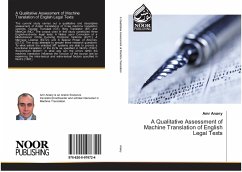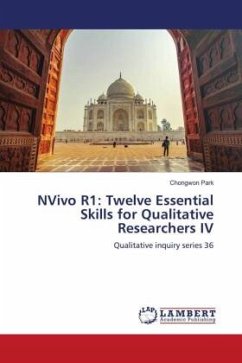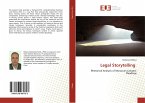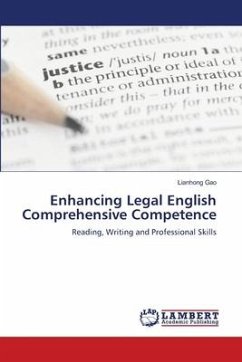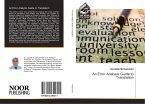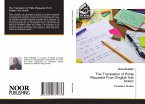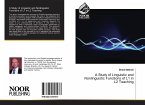The current study carries out a qualitative and descriptive assessment of Arabic translations of three machine translation systems: Google Translate (GT), Bing Translator (BT) and MateCat (MC). The corpus used in this study constitutes three English-authentic legal texts: A Notice upon Conviction of a Misdemeanor Crime Involving Domestic Violence (ELT1); A Marriage License (ELT2); and A Special Power of Attorney (ELT3). The study attempts to answer three research questions: To what extent the selected MT systems are able to provide a functional translation of the ELTs as specified in Nord's (1991) Skopotheies Model?; In what way can the errors within the machine translation influence the function of the source text by examining the intra-textual and extra-textual factors specified in Nord's (1991).
Bitte wählen Sie Ihr Anliegen aus.
Rechnungen
Retourenschein anfordern
Bestellstatus
Storno

